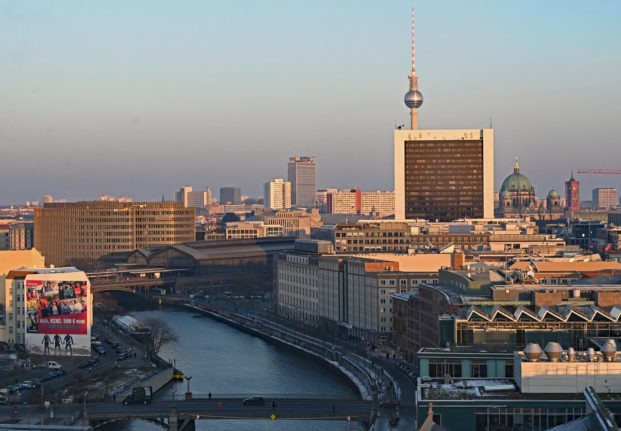“Maybe it will be new Swedish immigrants that will make this legislation more popular,” said Ericsson. “I’m sure it will happen but it might just take time.”
Until May 1st, it was not possible for Swedish residents to claim full ownership over an apartment. Instead, prospective buyers have been limited to purchasing a share in a cooperative housing association (bostadsrättsförening).
These associations have ultimate control over the apartment and set restrictions on the rights of the owners to modify or sublet their dwelling.
The new legislation allows individuals to buy an apartment and gain full ownership rights, said Mikael Gullikson of the Justice Ministry.
“You’ll get a title on the apartment and it’s treated the same way as real property,” he said. “The new Swedish rules are comparable to what they call condos in the US.”
But there is a catch: the legislation applies only to new buildings, meaning individuals wanting to own apartments must find companies willing to construct for the purpose of apartment ownership. The law also applies to spaces that have not been used for living purposes for eight years or longer, or if the apartment has another use, like an office.
“It may take a while before new houses are built,” said Gullikson. “Maybe the government will consider changing the rules, but at the moment an older apartment is a cooperative and only a cooperative. Hopefully it will be possible in the future.”
Thus, Ericsson said, immigrants could be key in kick-starting the acceptance and popularity of the new law.
“If we look outside Sweden, it’s common to have this type of legislation,” she explained, adding that new people coming to the country might prefer to have ownership rights to an apartment, like they would in their home countries.
“Why shouldn’t we have this system in Sweden?” Ericsson asked. “I think it was unlucky timing because of the financial crisis, and nobody is building now. I’m sure it will happen here, but it might just take time. People will always prefer to own an apartment.”
She said she knows of only 10 current cases of companies building to sell apartments under the new law. Apart from one case in Malmö, all are in smaller towns such as Karlstad in central Sweden.
“I know of a hotel that was just changed to apartments,” Ericsson said. “And I know of a place under construction in the town of Hässleholm [in southern Sweden], which has a small local company building it. […] The big firms have been discussing if they should or shouldn’t build yet, but they haven’t decided.”
Regulating all major building firms is the Swedish Construction Federation, which said there have been no bites yet from member companies for building under the new law.
“Five or ten years down the road, it probably will be very popular,” said Fredrik Isaksson, chief economist of the federation. “We anticipate having to build many new buildings; it could increase business for our member companies. It’s a good change, but we need new rules on the renting market as well.”



 Please whitelist us to continue reading.
Please whitelist us to continue reading.
Member comments